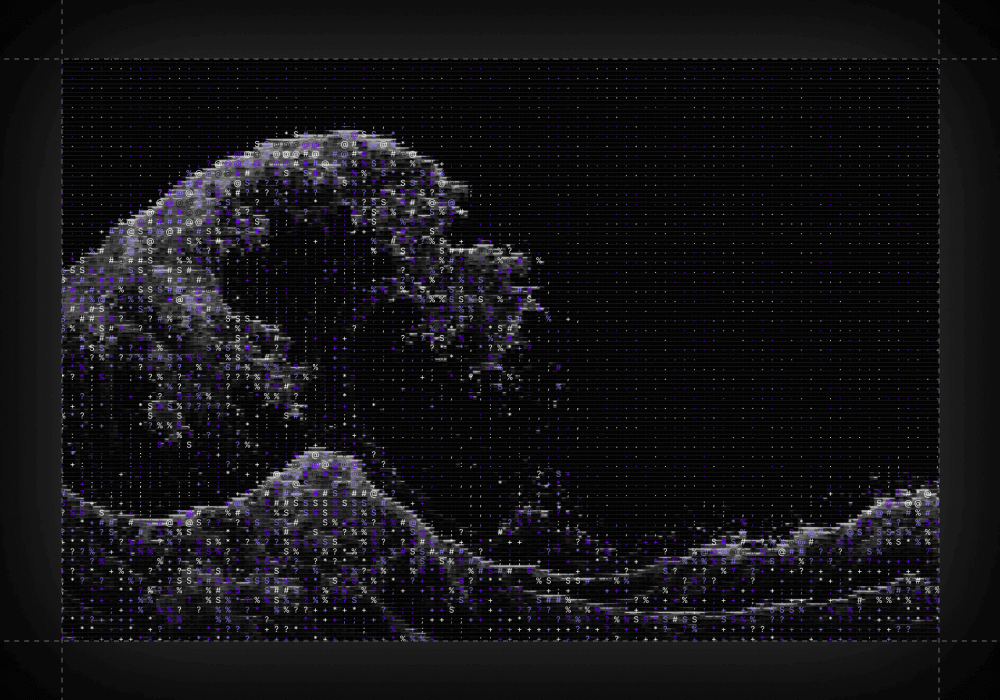Announcing Our Investment in Overland AI

Share

The rapid evolution of warfare has exposed critical gaps in US capabilities. Conducting ground offensives over complex terrain, and protecting the troops who carry them out, will both be dramatically different missions in 2030. Over the first quarter of the century, from the GWOT’s infantry campaigns to today’s increasingly autonomous combat, ground operations have meant constant and intensifying danger to the warfighter. From 2006-2021, 44% of US forces killed in action were caused by improvised explosive devices (IEDs). Avoiding IEDs often forces tactical vehicles off-road, multiplying the risk of accidents. From 2010-2019, the U.S. Army and Marine Corps reported 896 tactical vehicle accidents, many involving fatalities. Today, ground forces are even further exposed with the rise of unmanned aerial and ground vehicles and distributed sensors, and asymmetric conflict is shifting ground operations to the most difficult terrain.
Autonomous vehicles offer transformative potential to take troops out of harm’s way and enable new types of operations, but off-road autonomy is extremely difficult. As revolutionary as Tesla autopilot is, it’s not designed for the complexities of ravines, cliffs, trees, ledges, streams, etc, compounded by limited maps and contested and denied GPS and communications. Unmanned ground vehicles (UGVs) need to rapidly map terrain, determine if it’s traversable, react to sudden obstacles, and coordinate multiple vehicles in real time - all while avoiding detection.
Overland AI, the newest company in 8VC’s defense portfolio, is making advanced off-road autonomy operational, emerging miles ahead in handling complex and contested terrain. CEO Byron Boots and the University of Washington’s Robot Learning Lab are longstanding DoD partners, winning numerous contests and funding awards and widespread acclaim as the top research group in ground autonomy. Their expertise and an ethos of relentless field testing give Overland its distinct advantage.
Achieving battlefield-ready, reliable, resilient autonomy that operators can trust is fundamentally a software problem. Crucially, Overland’s platform is sensor and vehicle agnostic, as demonstrated in numerous live exercises with a variety of vehicle types. The platform comprises two main components. Its autonomy software stack, OverDrive, enables real-time mapping and optimized route planning, cross-country movement at the speed of operations, and tactical maneuver and formation. OverWatch, its command and control (C2) interface, enables a single operator to direct entire fleets of OverDrive-equipped UGVs for a wide spectrum of uses.
In terms of pure vehicle performance, Overland maximizes speed and minimizes reaction time, enabling aggressive off-road movement at the limits of handling, while maintaining precise control. This frees service members from both off-road hazards and the exertion of driving in extreme conditions, multiplying their tactical contributions exponentially. Overland radically simplifies fleet management, making it easy to execute group maneuvers and deliver coordinated effects, i.e. force protection, convoy formation, and swarming enemy vehicles as one cohesive, distributed unit. Where a WW2 offensive counterattack would have required numerous tanks, artillery, and infantrymen, the 2030 version will include thousands of weaponized, autonomous vehicles, with each elite operator controlling his own smart fleet, defending his position while augmenting his offensive capabilities in ways that were previously unimaginable.
Overland’s progress in bringing their capabilities to the fight has been exceptional, reflecting their execution muscle and deep understanding of operational needs. Active DOD initiatives include the DARPA RACER, USMC NMESIS, and U.S. Army’s Robotic Combat Vehicle (RCV) programs, as well as the XVIII Airborne Corps’ Sandhills Project. Meanwhile, twice-weekly field testing takes place in Overland’s 200-acre proving grounds in central Washington state, featuring a diverse range of relevant terrains.
Today, Overland announced their $32mm Series A, led by 8VC. Our investment was guided by a number of key factors. Overland’s dual mission set combines a bold new spectrum of operations with the protection of our military’s most valuable asset: its all-volunteer personnel. It’s no secret that attritable, autonomous systems are essential to both, but despite the defense industry’s newfound focus on cheap hardware, it’s expensive software that will determine which platforms are victorious. Overland is a seismic addition to our defense thesis, completing the trifecta of ground, air, and sea autonomy alongside Saronic and Anduril, with powerful network and learning effects across each domain. Within the ground domain, Overland has already created an unrivaled data asset, activating a flywheel that will rapidly increase adoption and reliance across vehicle types and create even more distance from competitors.
Only a world-class team could overcome the barriers of off-road autonomy, and our diligence revealed a universal consensus that Overland’s co-founders are the best in the space. CEO Byron Boots is the University of Washington’s Amazon Professor of Machine Learning, and Overland spun out of his research group, the most successful in the DARPA RACER (Robotic Autonomy in Complex Environments with Resiliency) program. President Stephanie Bonk is former Director of Strategic Initiatives for the Robot Learning Lab and brings deep experience in product management and software engineering. COO Greg Okopal is Co-PI of UW’s DARPA Racer team and a leader in passive radar, sensor fusion, and obstacle perception. CTO Jon Fink spent over a decade as a top research scientist at the Army Research Lab. Together, they’ve established an exceptional unfair advantage as a center of gravity for top technical and operational talent across industry, DOD, and academia. Furthermore, Overland is a model for great research minds uniting in the national interest, at a time when so many universities are forsaking this duty.
The rules of engagement on the ground are being rewritten, and Overland is making the aggressive strides needed for the US to not only compete but dominate a new school of combat. We are honored to become a close partner, and combine our respective decades of experience developing platforms for the defense of the West.







.png)

.png)


